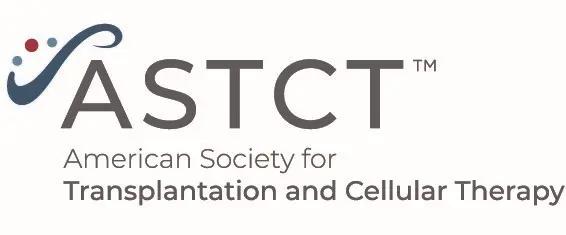Choosing Between HLA-Mismatched Unrelated and Haploidentical Donors: Donor Age Considerations
Researchers have found that donor age is a key determinant of outcomes in hematopoietic cell transplantation, with younger donors associated with significantly better survival and lower rates of GVHD.
Researchers have found that donor age is a key determinant of outcomes in hematopoietic cell transplantation, with younger donors associated with significantly better survival and lower rates of GVHD.

Researchers from a large multicenter collaboration, including the Center for International Blood and Marrow Transplant Research and several leading transplant institutions, have found that donor age is a key determinant of outcomes in hematopoietic cell transplantation (HCT), with younger donors associated with significantly better survival and lower rates of graft-versus-host disease (GVHD). Published in Transplantation and Cellular Therapy, the study compared outcomes between haploidentical and HLA-mismatched unrelated donors (MMUDs), focusing specifically on the impact of donor age. The findings suggest that when feasible, younger donors under the age of 30 should be prioritized, as they are linked to improved GVHD-free relapse-free survival (GRFS) and lower transplant-related complications.
In this retrospective study, researchers analyzed data from 7116 patients with hematologic malignancies who underwent allogeneic HCT between 2013 and 2021. All patients received post-transplant cyclophosphamide (PTCy) for GVHD prophylaxis. Donors were classified into four groups based on age and type: younger haploidentical (<30 years), older haploidentical (≥30 years), younger MMUD (<30 years), and older MMUD (≥30 years). The primary endpoint was GRFS, while secondary endpoints included treatment-related mortality (TRM), relapse, and the incidence of acute and chronic GVHD. Using multivariable Cox regression models, outcomes were compared between younger and older donors across both donor types.
The study found that older MMUDs were associated with significantly worse outcomes compared to younger haploidentical donors, including inferior GRFS (HR = 1.20; P = .003), higher TRM (HR = 1.49; P = .005) and increased grade III–IV acute GVHD (HR = 2.88; P = .003). Conversely, younger MMUDs had better outcomes than older haploidentical donors, including reduced risk of grade II–IV acute GVHD (HR = 0.67; P = .003) and chronic GVHD (HR = 0.78; P = .009). These results highlight that donor age, more than donor type alone, significantly impacts transplant success, supporting the prioritization of younger donors in clinical decision-making for mismatched HCT.
Reference
Mehta RS, Schmidt G, Williams K, et al. Choosing Between HLA-Mismatched Unrelated and Haploidentical Donors: Donor Age Considerations. Transplant Cell Ther. Published online May 24, 2025. doi:10.1016/j.jtct.2025.05.019
2 Commerce Drive
Cranbury, NJ 08512
All rights reserved.